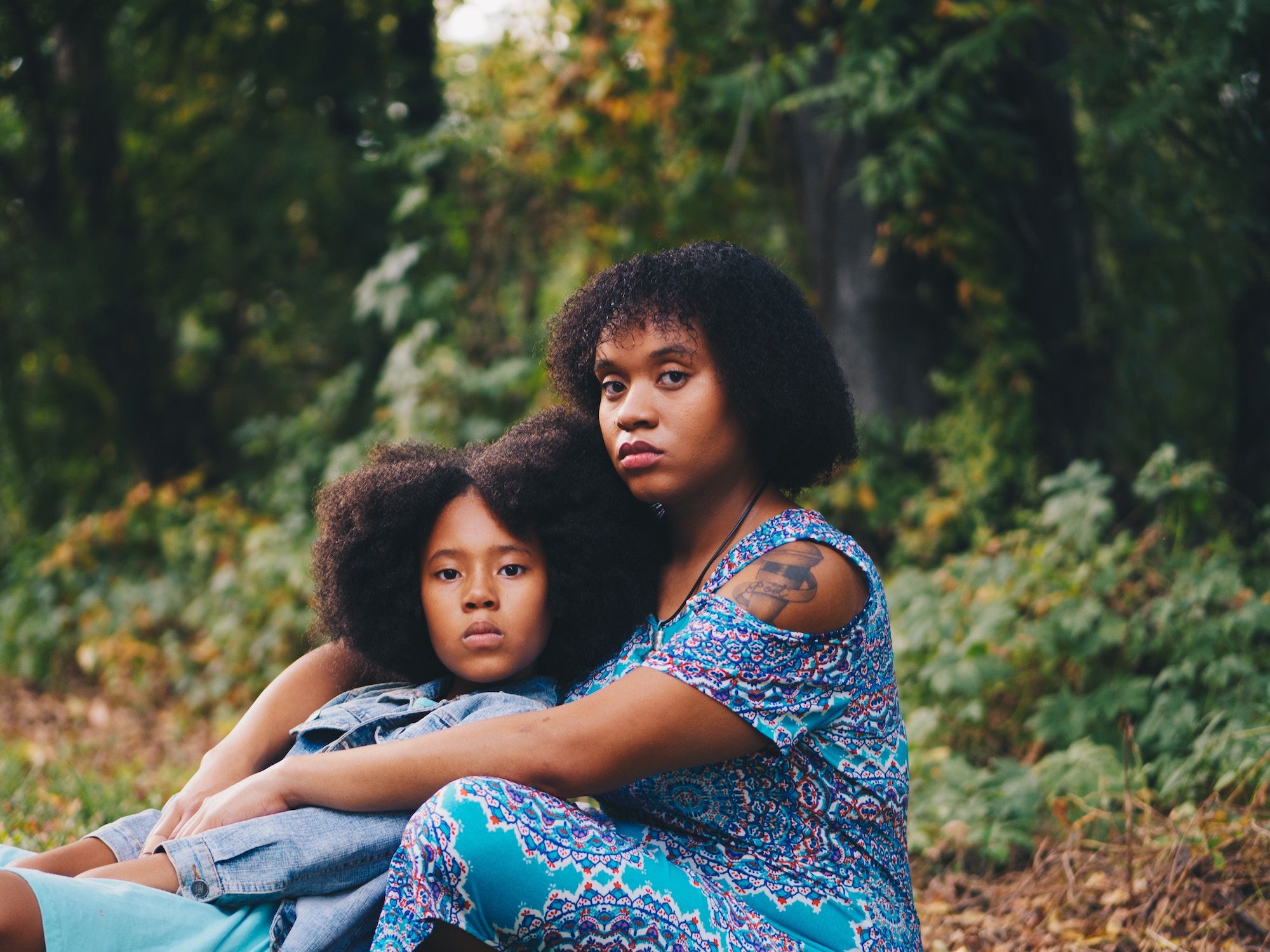
Still fighting the same fight with your family? It might be time to call in reinforcements
Families are tricky things. In the traditional sense, they’re a group of people bound by DNA and shared experience. They can be a great source of love, support and comfort, but they can also be a source of pain, resentment and conflict. Often, it’s a heady mix of the two.
If there’s one thing I’ve learnt from my family (and perhaps from binge-watching This is Us) it’s that past experiences have a ripple effect. What happened in childhood can cause waves in adulthood and often the family dynamics forged back then hold steady as we grow up and create families of our own.
Some of these waves are positive and give us the push we need to feel happy, safe and loved. Sometimes they wear us down. Many of us find ways of dealing with the latter; perhaps we create boundaries to protect our energy, perhaps we cut off contact.
For some, an event like illness or bereavement can act like a tsunami, dismantling everything and leaving a trail of destruction in its wake.
Whatever the circumstance, it’s safe to say there are times in our lives when extra support is needed. When a family is struggling to cope with an event, when old patterns are damaging relationships, when the same issues come up again and again.

For 32-year-old writer and marketer Francesca Baker, it was her experience of anorexia and the impact it had on her family that led to family therapy at 26.
“I’ve had anorexia since I was 18, and this means that my entire adult relationship with my family has been influenced by it. I had family therapy from ages 26 to 27 whilst I was an inpatient, and age 30 as an outpatient. My brother and father wouldn’t come to therapy – my father came maybe twice – but my sister came occasionally, and my mum was regular.
“My parents went through phases of blaming themselves and, obviously, got very frustrated. I think family therapy helped them get over that and see that whilst we can’t change things, by working together, we can overcome some of the hurdles that an eating disorder puts in place.”
Francesca tells me that her family has always been supportive and that it was nothing in the family unit that contributed to her eating disorder. This is a poignant reminder that you don’t have to have a ‘bad’ relationship with your family to need professional support, and also that it isn’t always necessary for the whole family to attend.
“Therapy gave us the tools to communicate and work out the best support for us all. I suppose it’s fairly rare that this has all happened whilst I’ve been an adult, but your family remains your family, and for me is crucial. Without them, I wouldn’t be alive.”
How can family therapy help?
I spoke to counsellor Clare Francis who works with families to find out more about this type of therapy and how it can support people.
“I would say family therapy reaches parts other counselling does not. It is important to note that family counselling is not just for parents and young people, it can also be important for parents and older siblings, brothers and sisters and indeed any group that is not either individual or couple can comfortably fit under the family therapy umbrella.”
After over a decade working with families, Clare explains that people come to her for a variety of reasons. Some of the examples she gave included where one sibling demands more attention from the parents or where older siblings hold grudges towards other members of the family. She also highlights that when family dynamics change, due to separation or bereavement, this can require some working through for families.

She tells me the way family therapy works in the sessions will depend on what the family is dealing with, but she often sees the parents first.
“This will give me an idea of the issue they are dealing with. Then I’ll bring the family together to see how they interact. Next, I’ll decide on whether it is important to see the whole family together or whether it is better to separate the individuals who are currently struggling a little bit with each other.
“I will then usually bring the family back together and wind up with a couple of sessions with all of them being able to talk in a more open and less guarded way about what has happened during the counselling – in other words, a detailed review of their issues and how they have resolved them.”
All families will be different and therapists seek to find what works for you. The aim is to consider every member of the family and avoid any sense of ‘ganging up’. Often, the simple act of having an impartial person present during family discussions to ask the right questions and hear all sides can have a huge impact.
Our families can have a big influence on our lives and if your relationships are feeling strained, it can affect your own sense of wellbeing.
If you think family therapy might be right for you, there are several options you can take. You can search for a private counsellor or you can find organisations and charities that offer family therapy. Some charities will be able to offer free or very low-cost support.
Explaining to your family why you think therapy may be able to help you can encourage them to join the session with you. If a family member is reluctant, you may want to see if you can arrange a meeting with them and the therapist so they have the opportunity to ask any questions before the family sessions start.
And remember, not all members need to be present for family therapy to be helpful. You can always relay to them what was discussed and encourage them to engage in the changes taking place.
Families are rarely happy and loving all the time – we often take our frustrations out on those closest to us – but it's nice to know there are options out there to encourage more harmonious and peaceful relationships.

